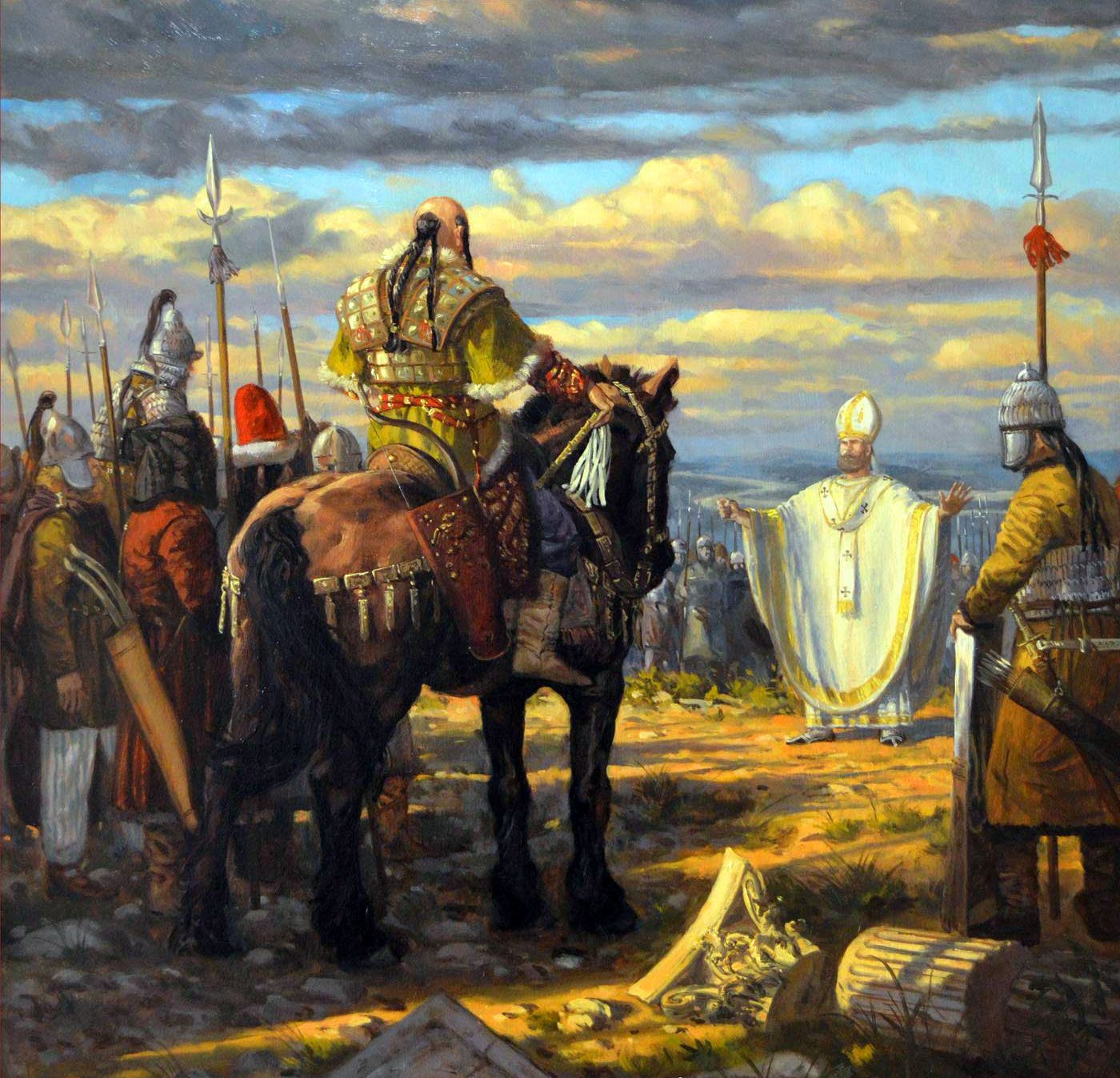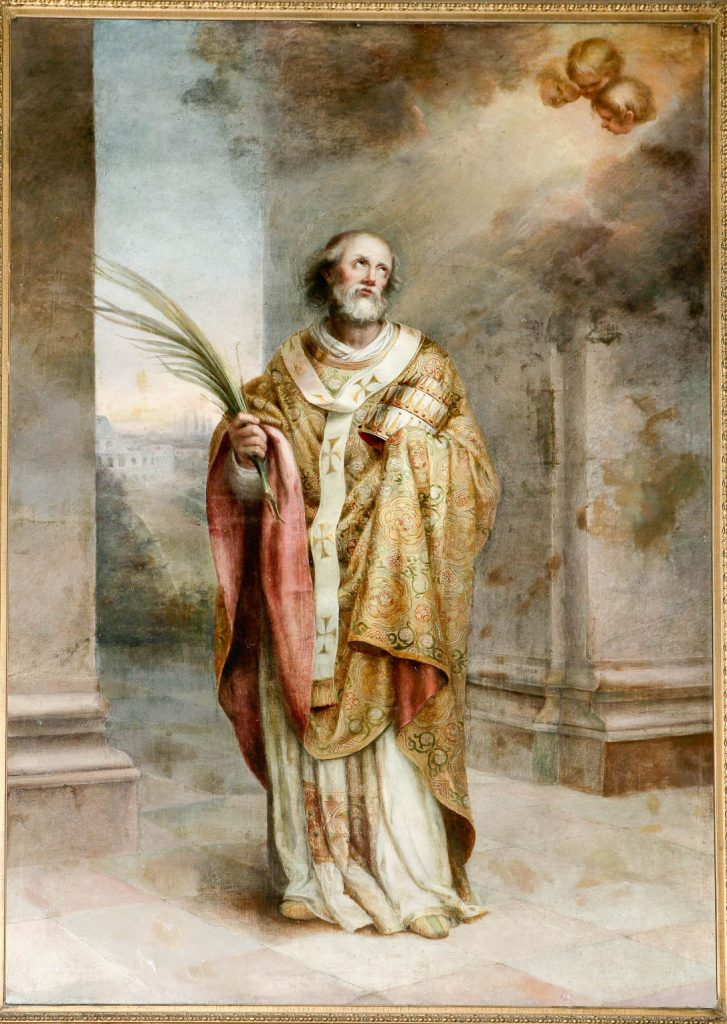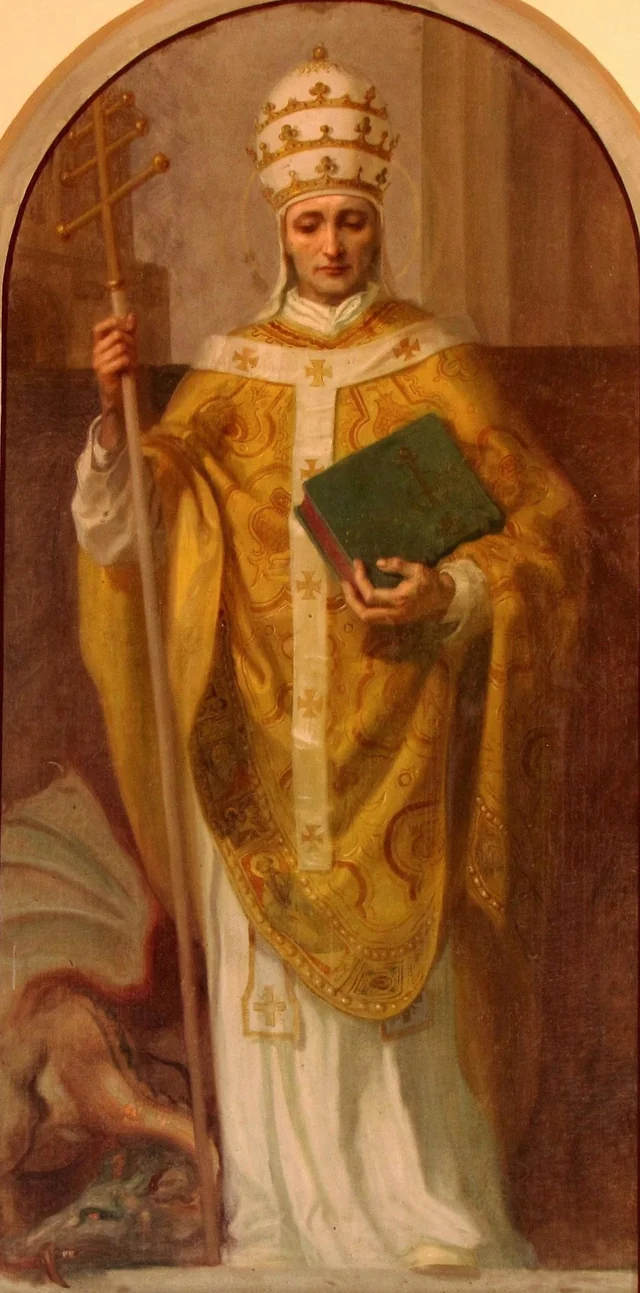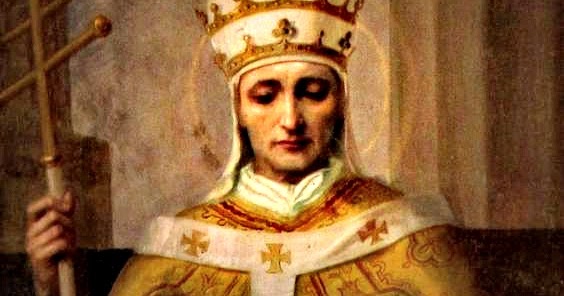“Virtue is nothing without the trial of temptation, for there is no conflict without an enemy, no victory without strife.”
Leo, born in the year 400, was a native of Tuscany and a Roman aristocrat.
By the age of 31, he was a deacon and well known outside of Rome, serving the Church under the pontificate of Pope Celestine I. He was widely respected for his love for the Lord, intelligence, and persuasive nature.
He was also gifted in bringing reconciliation in disputes, and why he was sent out to settle conflict for both the secular and theological.
In turn he also served the Church under Pope Sixtus III, who passed away while he was visiting Gaul at the request of Emperor Valentinian III. His task was to bring peace between one of Gaul’s chief military commanders and the chief magistrate. Leo was unanimously elected as the next pope in 440. His swift election reflected the respect he garnered.
He was deeply dedicated and felt privileged to sit in the Chair of Saint Peter, as the servant of the servants of God, and tirelessly fought to preserve the unity of the Church and its faith. He worked to ensure the safety of the Church against invasions and outside culture.
He worked to root out numerous heresies. He was a great defender of the orthodox teaching of the Catholic Church and protected the full deposit of faith, of which the whole Church is still indebted to him for.
Some Eastern Christians began questioning the teaching of the Church concerning the relationship between Jesus’ humanity and his divinity, and how to articulate this mystery of the Christian faith. In response, Leo resolved the doctrinal controversy with a letter setting down the Church’s official teaching on Jesus Christ as One Person with a human and a divine nature which could not be separated. This profound and theologically astute letter reconciled the disputing parties and preserved the core teaching. Still, this letter is heralded and praised for all that it accomplished in a time of turmoil. It helped the whole Church enter more fully into the heart of the Gospel message of who Jesus is, and who we can become in Him.
He was also courageous and led Rome’s defense against Attila the Hun’s barbarian invasion on Italy in 452, by taking the role of peacemaker. Attila agreed to a truce and retreated.
He focused heavily on the pastoral care of his people, and inspired and helped to foster charitable work in areas of Rome that were heavily affected by famine, refugees, and poverty.
He died on November 10, 461. He was first laid in the entrance of St Peter’s Basilica but later moved inside.
His papacy has been described as one of the most important in Church history and he has been declared a Doctor of the Church.
“Nothing is more effectual against the wiles of the devil, than kindly compassion and bounteous charity.”
His feast day is November 10.
For God’s Glory.



